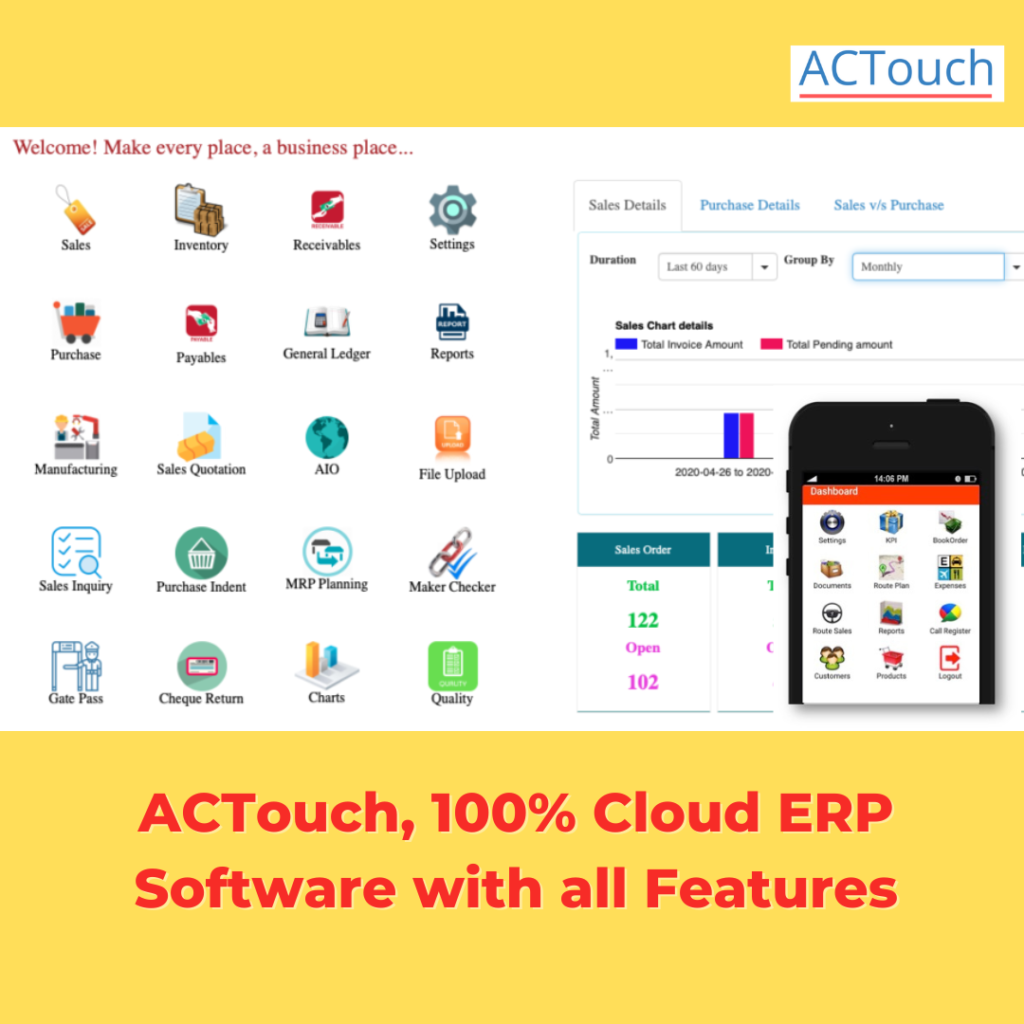Accrued Expense: Optimizing Business Finances
What is the definition of Accrued Expense?
Accrued Expense defined and refers to an accounting concept where expenses are recognized and recorded in the financial books before they are paid. It represents costs that a business has incurred but has not yet settled with the respective parties. Accrued expenses are an essential component of accrual accounting, which aims to match expenses with the periods in which they are incurred, providing a more accurate financial picture. By acknowledging accrued expenses, businesses can better manage their financial obligations, make informed decisions, and maintain transparent financial records.
Financial reports like balance sheet or Income statement helps to identify and report them to management.
There are 2 basis of accounting.
- Accrued basis accounting – Accrual Method.
- Cash basis Accounting – Cash Based
Method of accounting that’s adopted by Company helps to decide how to treat and book the below transactions either in Cash method or Accrual Basis. This helps your business cash flow. So its an important decision for Management.
- Cash accounting
- Expense accounts
- Invoice payments
- Utility companies payments
- Wages expense / wages payable
- Lease payments / Rental expenses
- Salary payments / Salaries payable
- Credit purchases
- Unpaid bills
- Insurance premiums
- prepaid expense
Accrued Expense Examples
Some common Accrued Expense Examples include:
Accrued Salaries
At the end of the accounting period, when employees’ wages are earned but not yet paid, they become accrued expenses. The company records the accrued salaries to reflect the outstanding amount owed to employees.
Accrued Interest
Interest on loans or credit facilities that has accumulated but not yet paid is considered an accrued expense. For instance, if a business has a loan with monthly interest, the interest for the last few days of the month becomes an accrued expense.
Accrued Utilities
Utility bills for services such as electricity, water, and gas that have been consumed but not yet paid become accrued expenses. These expenses are accrued until the bills are received and settled.
Accrued Taxes
Taxes that have been incurred but not yet paid, such as income tax or property tax, are classified as accrued expenses until they are paid to the respective tax authorities.
|
Difference between Accrued Expenses and Cash Expenses.
Accrued Expenses and Cash Expenses are both important concepts in accounting that pertain to recognizing and recording expenses in a company’s financial statements. However, they differ in terms of their timing of recognition and the underlying transactions they represent.
Timing of Recognition:
- Accrued Expenses: These are expenses that have been incurred but not yet paid for by the company. They represent costs that have been consumed or services that have been received, but the corresponding payment has not been made. Accrued expenses are recognized in the financial statements in the period in which they are incurred, regardless of when the actual cash payment is made.
- Cash Expenses: These are expenses for which the company has made a cash payment. Cash expenses are recognized at the time the cash is actually paid out.
Underlying Transactions:
- Accrued Expenses: These typically involve obligations arising from services received or goods consumed, where the payment hasn’t been made yet. Common examples of accrued expenses include salaries and wages earned by employees but not yet paid, interest accrued on loans, and utilities consumed but not yet paid for.
- Cash Expenses: These represent actual cash outflows from the company’s accounts. They include payments made for items like office supplies, rent, utilities, and other operating costs.
Financial Statement Impact:
- Accrued Expenses: These are recorded as liabilities on the company’s balance sheet because they represent obligations that need to be settled in the future. Simultaneously, an expense is recognized in the income statement, reflecting the cost incurred. As the accrued expenses are settled, the liability decreases, and the cash decreases.
- Cash Expenses: These are also recorded as expenses in the income statement, immediately impacting the company’s profitability. There may not be a corresponding liability on the balance sheet if the payment is made instantly.
- Examples:
- Let’s consider an example: A company’s monthly rent is $1,000. If the rent for the current month is paid in cash, it’s a cash expense. If the rent for the current month is due but hasn’t been paid yet, it’s an accrued expense.
Accounting Treatment
-
- Accrued Expenses: They require an adjusting journal entry to recognize the expense and the corresponding liability. Once the payment is made, another journal entry is required to reduce the accrued liability and decrease the cash.
- Cash Expenses: These are directly recorded in the accounts without the need for adjusting entries.
Importance
Both concepts are essential for accurate financial reporting. Accrued expenses ensure that financial statements reflect the company’s actual obligations and costs, even if cash hasn’t changed hands yet. Cash expenses depict the immediate cash flow impact of day-to-day operational activities.
The key distinction between accrued expenses and cash expenses lies in the timing of recognition and the nature of the underlying transactions. Accrued expenses are recognized when incurred, regardless of cash payment, while cash expenses are recognized when actual cash outflows occur.
Accrued Expense Journal Entries and how they are passed?
To record Accrued expenses, businesses use journal entries. Let’s take an example of accrued salaries:
Accrued Advertising Expenses
A marketing agency runs an advertising campaign for a client during the last week of the month. The agency incurs expenses for media placements and other campaign costs but does not receive the invoice until the following month. At the end of the current accounting period, the agency will record the accrued advertising expenses with the following journal entry:
Accrued Expense Journal Entry:
Debit: Advertising Expense (Income Statement) – Amount
Credit: Accrued Advertising Expenses (Current Liability) – Amount
Accrued Interest Expense on Borrowings
A company has a bank loan with monthly interest payments due on the 15th of each month. The accounting period ends on the 31st of the month. At the end of the accounting period, the company will record the accrued interest expense for the days between the last interest payment and the end of the period:
Accrued Expense Journal Entry:
Debit: Interest Expense (Income Statement) – Amount
Credit: Accrued Interest Expense (Current Liability) – Amount
Accrued Utilities Expenses
A retail store’s electricity bill is due on the 5th of each month. The accounting period ends on the 25th of the month. To recognize the electricity expense for the remaining days of the month, the store will make the following journal entry:
Accrued Expenses Journal Entry:
Debit: Utilities Expense (Income Statement) – Amount
Credit: Accrued Utilities Expenses (Current Liability) – Amount
Accrued Payroll Expenses
At the end of the accounting period, a company has one day of payroll remaining to be paid to its employees. The company records the accrued payroll expenses with the following journal entry:
Accrued Expenses Journal Entry:
Debit: Payroll Expense (Income Statement) – Amount
Credit: Accrued Payroll Expenses (Current Liability) – Amount
Accrued Warranty Expenses
A manufacturing company offers a one-year warranty on its products. At the end of the accounting period, the company estimates that $5,000 of warranty claims may be incurred in the future. The company will record the accrued warranty expenses as follows:
Journal Entry:
Debit: Warranty Expense (Income Statement) – $5,000
Credit: Accrued Warranty Expenses (Current Liability) – $5,000
Accrued Taxes Payable
A business is subject to monthly sales tax payments. The accounting period ends on the 20th of the month, and the sales tax payment is due on the 25th. At the end of the accounting period, the business records the accrued taxes payable with the following journal entry:
Journal Entry:
Debit: Sales Tax Expense (Income Statement) – Amount
Credit: Accrued Taxes Payable (Current Liability) – Amount
These Accrued Expense Example illustrate how accrued expenses are recognized in the financial statements through appropriate journal entries. Accrued expenses ensure that financial reporting accurately reflects the expenses incurred during a specific accounting period, even if the actual cash payment occurs in a subsequent period. Proper accounting for accrued expenses is crucial for businesses to have a comprehensive view of their financial obligations and make informed financial decisions.
FAQ on Accrued Expense
How are accrued expenses different from accounts payable?
Accrued expenses are costs that have been incurred but not yet paid, whereas accounts payable are obligations for which invoices have been received but not yet settled.
Can businesses claim tax deductions for accrued expenses?
Yes, businesses can claim tax deductions for accrued expenses in the accounting period when they are accrued, even if the payment is made in the following period.
Why is it essential for businesses to recognize Accrued Expenses?
Recognizing accrued expenses ensures that financial statements accurately reflect the company’s financial obligations and provides a more comprehensive view of its financial health.
How can businesses benefit from understanding the concept of accrued expenses definition?
Understanding accrued expenses definition allows businesses to plan their cash flow more effectively, make better budgeting decisions, and have a clearer understanding of their financial obligations.
Are accrued expenses applicable only to large businesses?
No, accrued expenses are applicable to businesses of all sizes and are a fundamental aspect of accrual accounting, regardless of the company’s scale.
Accrued expenses play a significant role in accrual accounting, providing businesses with a clearer understanding of their financial obligations. By recognizing these expenses, companies can make more informed financial decisions, manage their cash flow effectively, and maintain transparent financial records. Properly accounting for accrued expenses enhances financial reporting accuracy, ensuring businesses have a solid foundation for growth and success.


